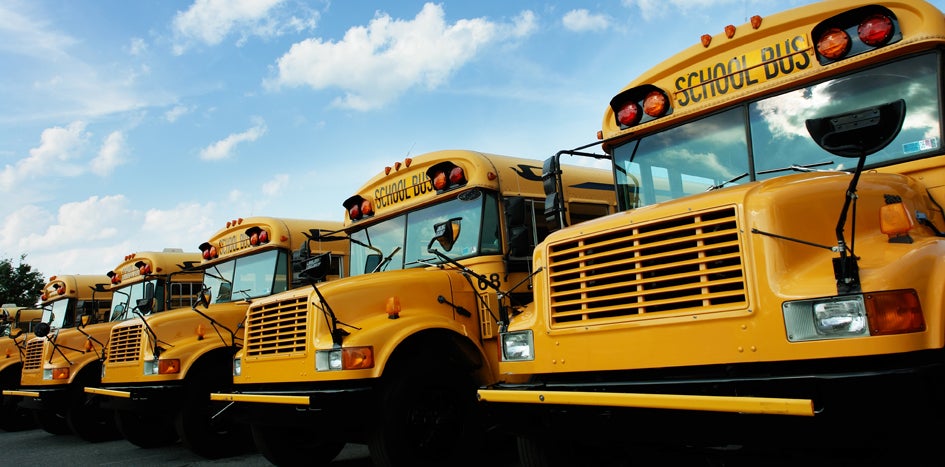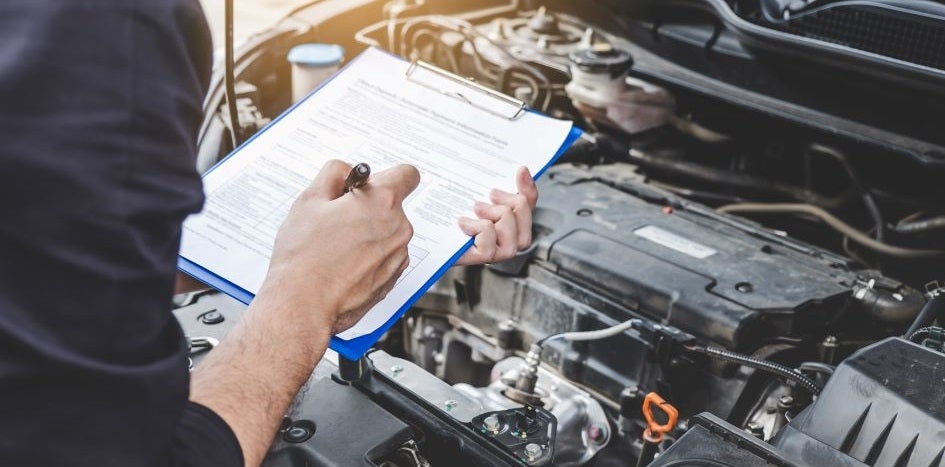Are Your Boilers Safe and Compliant?
When your food service staff needs hot water, they simply turn on the faucet and get on with their busy day. Behind all that on-demand H2O is a boiler connected to a sprawling network of pipes. If you keep your boilers in good condition, they typically work seamlessly. The same goes for hot water heaters, which are different than boilers but subject to the same rules explained in this article. Neglected boilers and water heaters, however, have the power to destroy property and harm people.
Preventable Tragedy
Carbon monoxide (CO) is an odorless, colorless, tasteless, and potentially deadly gas. CO build-up in a Washington State college’s apartment complex recently claimed one student’s life and sent two more to the hospital. An investigation found that a contractor did not install a tankless water heater in the apartment complex according to standards. Investigators also uncovered deficiencies in the college’s training, protocols, and response.
“This tragedy is a reminder that every year, preventable deaths occur due to carbon monoxide poisoning,” said the school’s president. “We hope others across the country can learn from our situation and redouble their efforts at awareness, education and training.”
Beyond Compliance
With an eye toward preventing tragedies like the one in Washington State, the Texas Legislature passed Texas Health and Safety Code, Chapter 755 and the Texas Boiler Administrative Rules. Boiler owners/operators must comply with their responsibilities, which include ensuring boilers are regularly inspected.
The Fund contracts with HSB to provide equipment breakdown coverage that includes mandated inspections. HSB inspections impact over 1,400 pieces of member equipment, including boilers, water heaters, and kitchen steamers. Inspections are a benefit of Fund membership that could directly boost the bottom line.
The HSB website tells the story of a middle school boiler that did not have enough water. Excess heat melted the boiler's electrical controls, wiring, and pipe insulation. The boiler had to be replaced at a cost of $140,000. The price tag was hefty, but the fallout could have been far more serious.
Inadequate water and leaky fuel valves are common causes of boiler meltdowns and explosions. The Texas Department of Licensing and Regulation cites excessive pressure as the cause of most lethal boiler accidents. Even in small boilers, pressure buildup has shown the power to crumble buildings and put lives at risk.
Your Role
Boiler inspections give trained professionals the chance to examine your boilers and verify they are operating safely and efficiently. Like any equipment, boilers need attention in-between inspections. Members can do their part throughout the year to ensure their boilers operate safely and compliantly.
Respond to HSB Inspectors
HSB inspectors contact members to schedule and conduct equipment inspections at least four weeks prior to the certificate of operation expiration date. Members are encouraged to cooperate when inspectors reach out to schedule initial and follow-up inspections. Timeliness is important because the state maintains a strict policy on late fees.
Equipment must pass inspection. Compliance issues must be addressed prior to the certificate expiration date to avoid unnecessary late fees. We encourage members to reach out to their risk solutions consultant with questions or concerns.
Prepare for Inspections
Equipment inspections should occur when knowledgeable maintenance personnel are available to perform required testing of controls and safety devices. The HSB inspector will need clear and safe access to the equipment. The current certificate of inspection should be posted, and some equipment needs to be running during the inspection.
The law requires some equipment to be inspected internally and externally. Maintenance personnel might need more time to prepare. HSB inspectors provide relevant information when scheduling the inspection, and this information should be forwarded to impacted staff. If HSB has to reschedule an inspection because a member did not prepare, the member could incur late fees.
Comply with Carbon Monoxide Safety Requirements
Boilers installed on or after September 1, 2020, must include a carbon monoxide detector with a manual reset and interlock system. The interlock system is a safety feature that disables burners when carbon monoxide exceeds a designated threshold.
After installing a CO detector, the vendor must reset and calibrate the system. Each boiler must include a sticker or other documentation indicating it is calibrated per the required limit.
Stay on Top of Maintenance
Trained maintenance staff should use a boiler log to track operating levels, check safety equipment, and perform other routine maintenance. More-complex maintenance issues are best left to authorized inspection agencies. Examples include leaking safety valves, dripping condensate, and safety devices that constantly need to be reset.
Use Your Senses
Your eyes, ears, and nose are among your most important tools when it comes to identifying when boilers need attention. Knocking sounds coming from pipes, the feel of excessive equipment vibration, and unusual odors in the boiler room are examples of red flags that could indicate the system needs professional attention.
Practice Good Housekeeping
Boilers need ventilation, so boiler rooms should not double as storage areas. Keep trash, recycling, supplies, and other items away from boilers. It is especially important to keep combustible materials and gas-powered equipment out of boiler rooms.
Carbon monoxide exposure recently sent multiple employees of a Fund member school to the hospital. An investigation found the incident was caused in part by a clogged air louver to the boiler. The claims cost a cumulative $200,000, underscoring the importance of good housekeeping.
Prevent Bust Pipes
Complying with inspection requirements and staying on top of maintenance year-round will go a long way toward keeping your boilers in good operating condition. Before temperatures dip too far, reduce the risk of flooding by insulating your pipes, especially along exterior walls. Before you leave for holiday break, set thermometers to at least 50 degrees Fahrenheit if possible.
Need an Inspection?
The Fund works with HSB to provide Property program members with state-mandated boiler inspections at no additional charge. Members can request an inspection online or contact HSB at NSCInsp_Hotline@hsb.com or 800-333-4677. HSB inspectors are committed to doing their jobs without disrupting your operations. They will contact you before visiting your facilities.
Editor's note: This article was published in June 2021. It has been updated for accuracy and comprehensiveness.

David Wylie
David Wylie serves as content developer on the risk solutions team. He brings more than 20 years' experience writing educational content that helps employers protect against workplace accidents, property damage, cybercrime, and other losses.
You May Also Like…
View All Related Insights
The Basics of School Fleet Management
Your community relies on your district's vehicles, so take care of your buses, trucks, and cars with these fleet management basics.

Want to Worry Less About Data Breaches?
The accidental release of sensitive information can tarnish your organization’s reputation. Data loss prevention tools help ensure that when employees make mistakes, technology has your back.

Elements of Accident Prevention Plans
An accident prevention plan can keep employees safe at work and keep them from taking days off of work. We broke down how to create one and what to include.

Protect Your Fleet With a Preventative Maintenance Plan
If you want to protect your vehicles and their passengers, you need an effective preventative maintenance plan.
